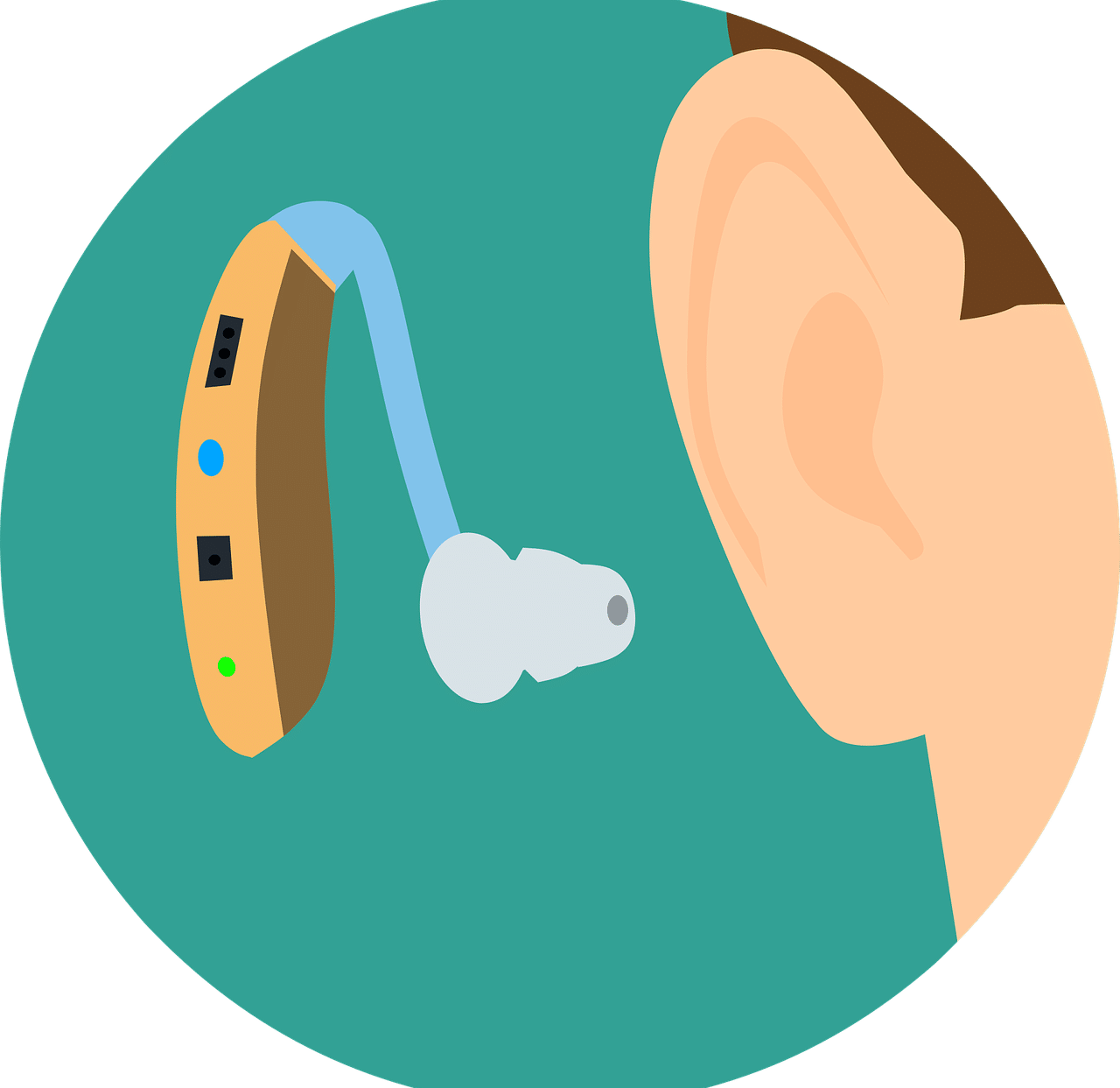
The ability to hear is associated with the sense of hearing.
Hearing is a term that refers to the sensory faculty to achieve the perception of a sound . The concept is usually associated with the verb listen , although this mentions the fact of paying attention to what has been heard. In colloquial language, however, both are used as synonyms.
For example: "I couldn't hear what you said, could you repeat it?" , "I'm not going to hear any more reproaches: I do what I want with my life," "After hearing the noise, the man went out into the street and found his car destroyed."
power of hearing
The faculty of hearing constitutes the sense of hearing , made up of various physiological and psychological procedures that allow people to hear and capture sounds. A sound , on the other hand, is a sensation that occurs in the ear from certain vibrations.
When sound waves pass through the air and reach the ears, a process begins in the human being that involves various bones, nerves, cells and membranes. Ultimately, the vibrations generated by sound waves are converted into nerve impulses that are interpreted by the brain .
Suppose there is a woman sitting on a bench in a square. Behind her, a friend appears and calls her by name, without the woman seeing her. The person who is sitting manages to hear his name (since he perceives the sound in question) and, through a psychic and cognitive process, notices that he is being called and even recognizes his friend's voice. Turning around, she observes her friend through her sense of vision.

Those who have hearing problems can use various resources to improve their hearing.
Ear diseases
Although hearing is something that most human beings do with satisfactory results, there are various disorders that affect or eliminate hearing. To hear, we need the inner, middle and outer ear to function correctly. Sound waves enter through the external ear, reach the middle and produce vibrations in the eardrum that are transmitted internally through the ossicles (very small bones); Finally, nerve impulses travel from the inner ear to the brain, where they are identified as sounds.
When any of these parts are affected, the hearing process cannot be carried out accurately. Some of the most common diseases and disorders are:
- Infections : they occur especially in children, although also in a small percentage of the adult population. They usually affect the middle ear and are called otitis media . The presence of liquid and mucus makes hearing difficult, as it prevents the passage of sound. It is very important to detect this type of infection in time in children who have not yet learned to speak, to avoid cognitive problems.
- Tinnitus : This is a condition characterized by the perception of rumors, hissing or ringing in the ears. It is a disease that causes frequent or constant discomfort, depending on the severity, and that affects many people worldwide. When tinnitus is severe, there are difficulties in carrying out daily tasks such as working or studying, hearing normally and even sleeping.
- Ménière's disease : affects the inner ear and usually appears on one side. It is one of the common causes of deafness and can also be accompanied by tinnitus. Its symptoms include severe dizziness, pain and pressure in the ear, and intermittent hearing loss. Depending on the severity with which this disease occurs, sudden attacks may appear that cause absolute loss of balance, with the consequent fall to the ground.
- Barotrauma : is the damage caused to the body by changes in water or air (barometric). For example, a change in altitude can produce barotrauma characterized by ear pain, something very common on plane trips or tours through mountainous areas. Among the most common symptoms of barotrauma are difficulty hearing, pain, dizziness, and blocked ears. It is without a doubt a disorder that does not have serious consequences, but that must be treated appropriately.
